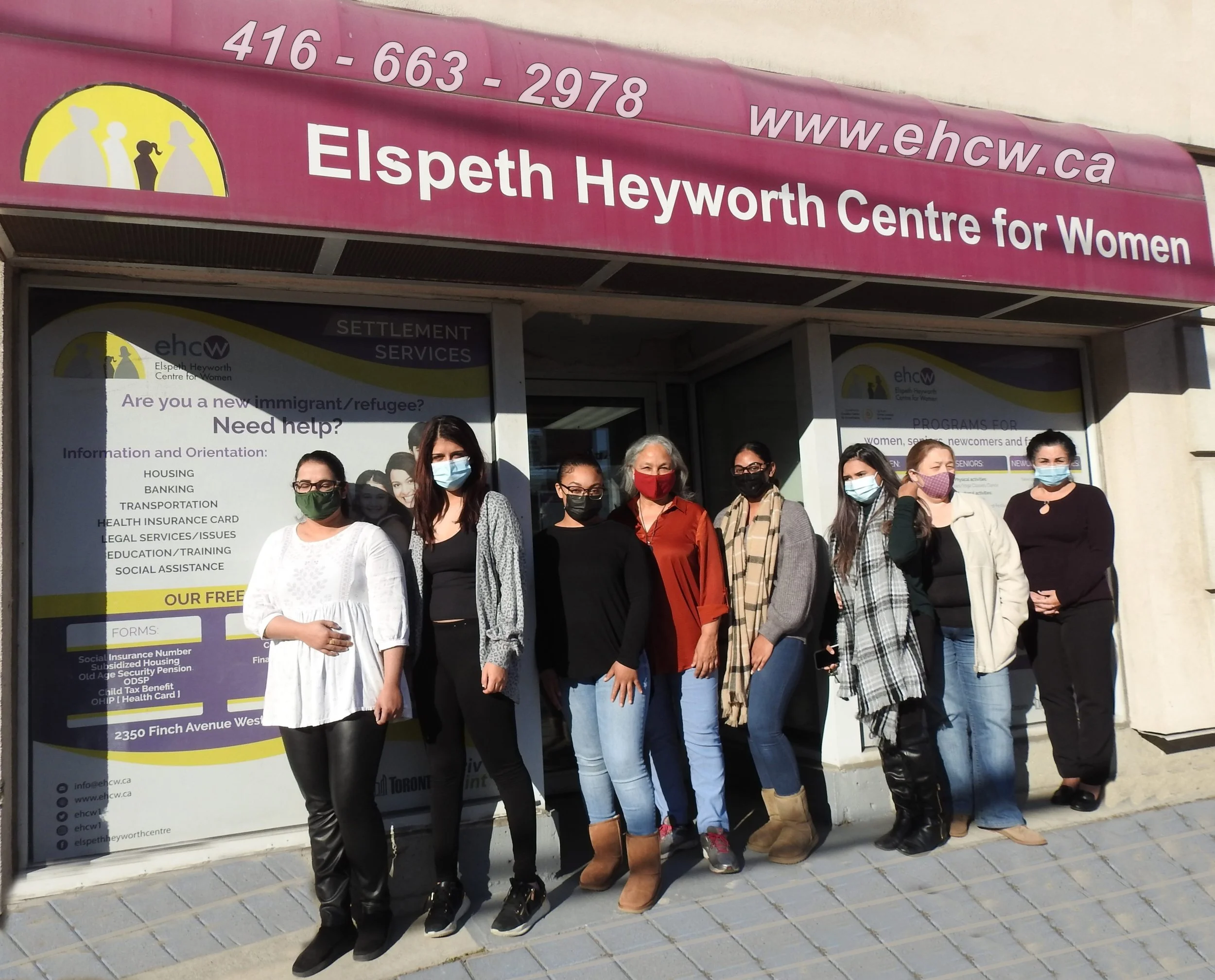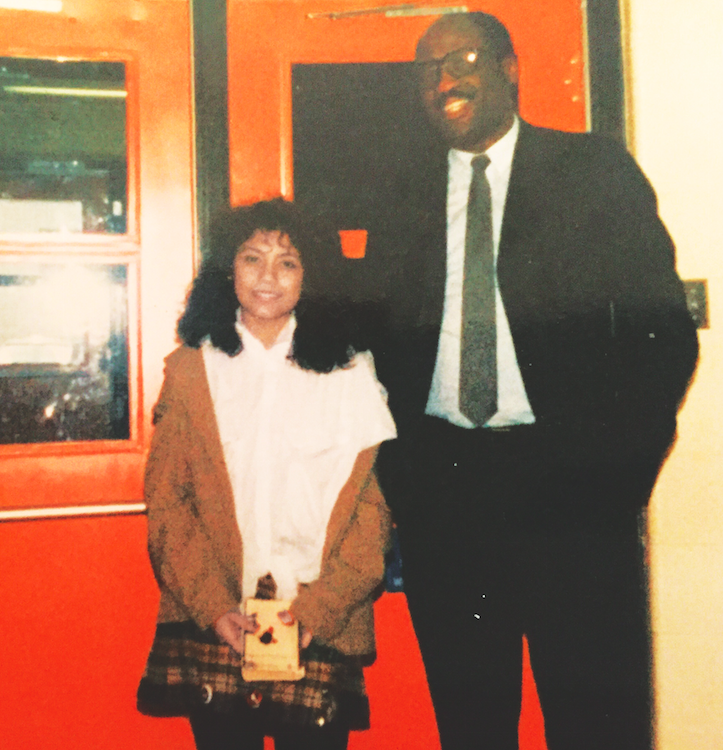The Vietnam War (1955-1975) was a terrible battleground of the Cold War. For many, knowledge of this conflict comes through an American perspective in movies and other sources. For our Vietnamese friends and neighbours, this tragedy was intensely personal and represented the loss of everything dear to them.In those final days of the war, as the outcome became increasingly clear, many families in the South Vietnamese military and those with the means to travel fled the country to find safety abroad. Those who left in 1975 represented the first major wave of Vietnamese immigrants to arrive in our country.Doctor Kien Le, President of the local Vietnamese Association of Toronto (VAT), was part of that first wave at age 12. Though many years have passed, Doctor Le still has vivid memories of the war's final days, "My father was a high ranking officer in the South Vietnamese Fleet. On April 29, 1975, the day Saigon fell, my family was aboard a battleship. When we heard word that the presidential palace was overrun, we knew the country was lost."That day, Doctor Le's ship and many others regrouped at an American base in the Philippines. From there, families boarded a cargo ship headed to a military camp in Guam where they would wait for months as the international community decided their fate.In July 1975, Doctor Le's family arrived in Toronto, first living in a downtown hotel where he keenly remembers the excitement of seeing his first Caribana Festival. His family moved to the city's east-end where they rented the second floor of an Italian-Canadian family's home and enrolled in the local catholic school. He still recalls the support his family received from a Canadian family, the Catholic Church and other community organizations during their transition into a new life.Today, Doctor Le is an accomplished medical doctor and an active volunteer within the Vietnamese community. In February, the VAT co-hosted a special Lunar New Year event at our local Northwood Community Centre that memorialized the 50-year anniversary of the Tet Massacre where the Vietnamese communists' violation of a ceasefire led to the deaths of thousands of civilians. Through his efforts with the VAT, Doctor Le hopes to make a difference in the lives of Vietnamese-Canadians while speaking for human rights and freedom in Vietnam.The second wave of Vietnamese immigrants began in the late 1970s. Fleeing the communist regime, families risked their lives in small boats on the open seas.Andrew Dang, a volunteer with the local North York Vietnamese Canadian Seniors Association, was part of this second and much larger wave of Vietnamese immigrants. At age 6, Andrew's family sold everything they had to pay for a cramped trip on a camouflaged fishing boat, "There were 91 of us on a small boat. We spent three days at sea without proper food and were robbed clean of our few remaining belongings by pirates. Most families who attempted this dangerous journey never reached shore. We were the lucky ones." he recalls.His family arrived in a refugee camp in Thailand. For six months, they lived on the generosity of the locals and international donations until landing in Montreal in 1980 and moving to Toronto shortly thereafter. Andrew recognizes the sacrifices made by his parents, "They worked long hours in factory jobs so my brother and I could have a better future."The North York Vietnamese Canadian Seniors Association meets on the weekends at Grandravine Community Centre to socialize, exercise and play chess. They are also taken on field trips to enjoy the natural beauty of our province. Andrew is a proud volunteer of this association of which his father was a former president, "Our older generation sacrificed everything for their children and grandchildren. It is their time to relax after so many difficult years."In 2015, the dangerous journey that millions of Vietnamese families undertook following the end of the Vietnam War was commemorated in Parliament as Journey to Freedom Day Act. This worthy recognition received all-party support and celebrates both the role Canada played in welcoming refugees as well as the important contributions that the Vietnamese community has made here in their new Canadian home.






